How Esports Became a Billion-Dollar Branding Platform
It was the roar of the crowd that first caught Steven's attention. Standing in a packed arena in Seoul, he watched as thousands of fans cheered for their favorite teams competing in the League of Legends World Championship. The energy was electric—comparable to any traditional sporting event he'd attended. What struck him most wasn't just the passionate fans or the skilled competitors, but the seamless integration of major brands throughout the experience. From the Red Bull-branded player entrance to the Mercedes-Benz MVP award, Steven witnessed firsthand how esports had transformed from niche entertainment into a sophisticated marketing ecosystem. This experience sparked his curiosity: how exactly did competitive gaming evolve from basement tournaments to a billion-dollar branding platform that rivals traditional sports?
Introduction: The Digital Arena Revolution
Esports has undergone a remarkable transformation over the past decade, evolving from informal online competitions to a global industry projected to surpass $1.87 billion in revenue by 2025, according to Newzoo analytics. This digital arena represents a convergence of entertainment, technology, and marketing that has created unprecedented opportunities for brands to connect with the elusive 18-34 demographic. The esports ecosystem has become a sophisticated marketing channel where brands can achieve visibility among audiences increasingly unreachable through traditional media.
As marketing scholar Joost van Dreunen notes, "Esports has created an entirely new paradigm for brand engagement—one that offers unparalleled levels of audience immersion and participation." This paradigm shift has fundamentally altered how brands approach digital natives, establishing new benchmarks for audience engagement in the attention economy.
1. Evolution of the Esports Ecosystem
The transformation of esports from fragmented online communities to a structured industry mirrors the evolution of traditional sports leagues. Pivotal in this development was the establishment of professional leagues with franchising models, exemplified by Activision Blizzard's Overwatch League and Riot Games' League of Legends Championship Series.
This professionalization created stable investment environments that attracted major non-endemic brands. When Mercedes-Benz partnered with ESL (now ESL FACEIT Group) in 2017, it signaled a watershed moment—traditional luxury brands were now validating esports as a legitimate marketing channel. Tournament organizers professionalized their operations, implementing Nielsen-verified viewership metrics that provided the accountability brands required for substantial investment.
According to Harvard Business Review research, this ecosystem maturation created value networks that extended beyond simple sponsorships, establishing integrated brand experiences that resonated with digitally native audiences.
2. The Demographic Imperative
Esports' attraction for marketers stems primarily from its audience composition—predominantly Gen Z and Millennial consumers with significant disposable income and declining consumption of traditional media. Nielsen reports that esports fans spend 77% less time watching traditional television than the general population, making them exceptionally difficult to reach through conventional advertising channels.
This audience also demonstrates remarkable engagement metrics. According to Twitch analytics, viewers spend an average of 95 minutes per session consuming esports content—far exceeding engagement rates for traditional digital marketing. As marketing strategist Seth Godin observed, "Esports doesn't just deliver eyeballs; it delivers attention—the scarcest resource in modern marketing."
Intel's long-running Extreme Masters sponsorship exemplifies effective demographic targeting, establishing the brand as the processor of choice among gaming enthusiasts and yielding measurable preference shifts in purchase considerations for high-performance computing hardware.
3. Digital Integration and Technological Innovation
Esports' technological foundation has created unique marketing capabilities unavailable in traditional media. The digital nature of the medium enables real-time data analytics, interactive brand experiences, and seamless e-commerce integration that conventional sports cannot match.
Louis Vuitton's groundbreaking partnership with League of Legends demonstrated this integration potential. The luxury brand created both virtual skins for in-game characters and a physical collection inspired by the game universe, effectively bridging digital and physical commerce. This collaboration generated over 8 million digital impressions and sold out limited-edition physical products within hours of release.
As marketing professor Bernadette Kamleitner explains, "Esports allows brands to transcend traditional advertising boundaries, creating participatory experiences where consumers actively engage with branded content rather than passively consume it."
4. Pandemic Acceleration and Mainstream Adoption
The COVID-19 pandemic served as an inflection point for esports' mainstream adoption. As traditional sports suspended operations, esports continued uninterrupted, shifting to online-only formats. This resilience attracted unprecedented attention from media companies and brands seeking alternative marketing channels.
Formula 1's Virtual Grand Prix series exemplifies this trend, with F1 drivers competing in simulator races that attracted over 30 million viewers across all platforms, introducing the sport to new demographics unreachable through traditional races. Similarly, the NBA 2K Players Tournament featuring actual NBA players generated substantial engagement during the basketball season's suspension.
According to McKinsey analysis, the pandemic compressed five years of digital adoption into months, permanently expanding esports' audience and accelerating its establishment as a mainstream marketing platform.
5. Future Trajectory: Metaverse Marketing and Beyond
Esports stands at the frontier of emerging metaverse marketing opportunities. As brands consider their presence in virtual worlds, the esports industry offers established infrastructure and expertise for navigating these new domains.
Mastercard's "Priceless" campaign integration within League of Legends demonstrated how brands can create authentic value within gaming ecosystems. Rather than interrupting the experience with traditional advertising, Mastercard created exclusive in-game viewing experiences and content access that enhanced rather than disrupted audience engagement.
As marketing authority Philip Kotler recently noted, "Esports represents the vanguard of experience-based marketing in digital environments—a testing ground for strategies that will define brand engagement in the metaverse era."
Conclusion: The New Marketing Imperative
Esports' emergence as a billion-dollar branding platform represents more than just another marketing channel—it signals a fundamental shift in how brands must engage with digital-first consumers. The industry has established new benchmarks for audience interaction, technological integration, and content authenticity that will increasingly define marketing success across all sectors.
Organizations that recognize esports not merely as a sponsorship opportunity but as a strategic imperative for developing digital engagement capabilities will establish competitive advantages in connecting with next-generation consumers.
Call to Action
For marketing leaders evaluating their esports strategy, three priorities emerge:
- Develop authentic engagement strategies that respect the unique culture of gaming communities rather than applying traditional sponsorship models.
- Invest in measurement frameworks that capture the multidimensional value of esports partnerships beyond simple impression metrics.
- Experiment with interactive brand experiences that leverage esports' technological infrastructure as a testing ground for future metaverse marketing approaches.
The brands that approach esports with strategic intent rather than experimental curiosity will not just participate in this growing ecosystem—they will help define the future of digital marketing itself.
Featured Blogs
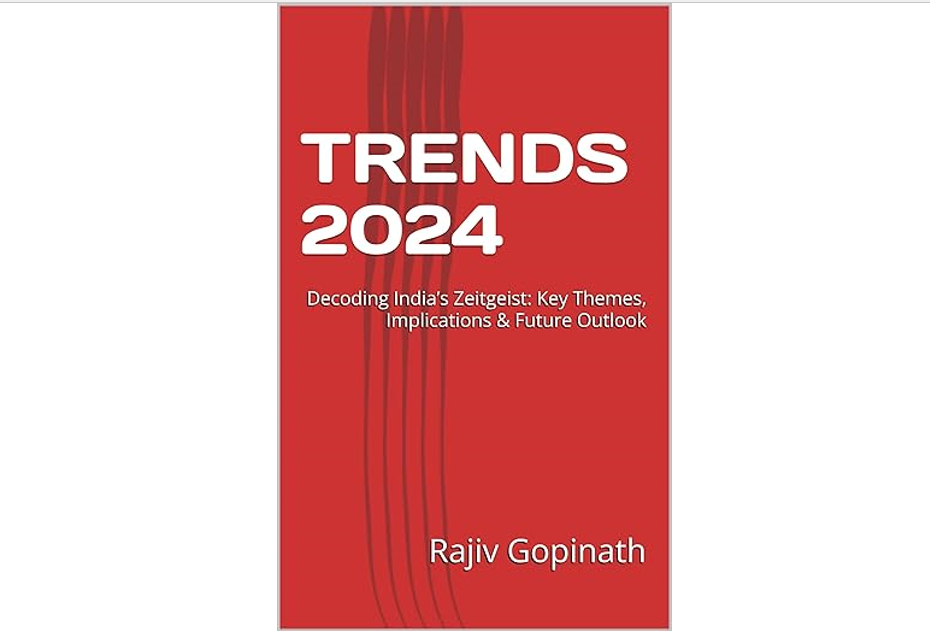
TRENDS 2024: Decoding India’s Zeitgeist: Key Themes, Implications & Future Outlook
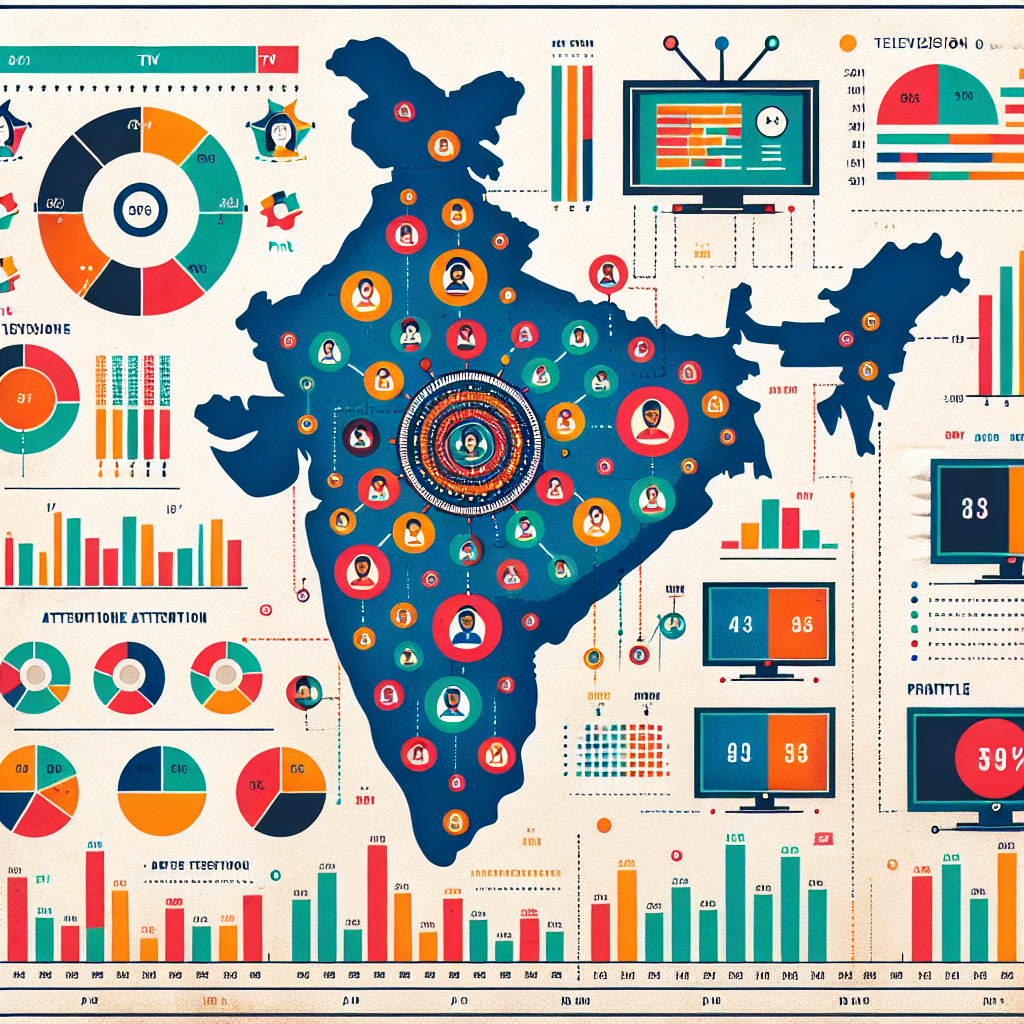
How to better quantify attention in TV and Print in India
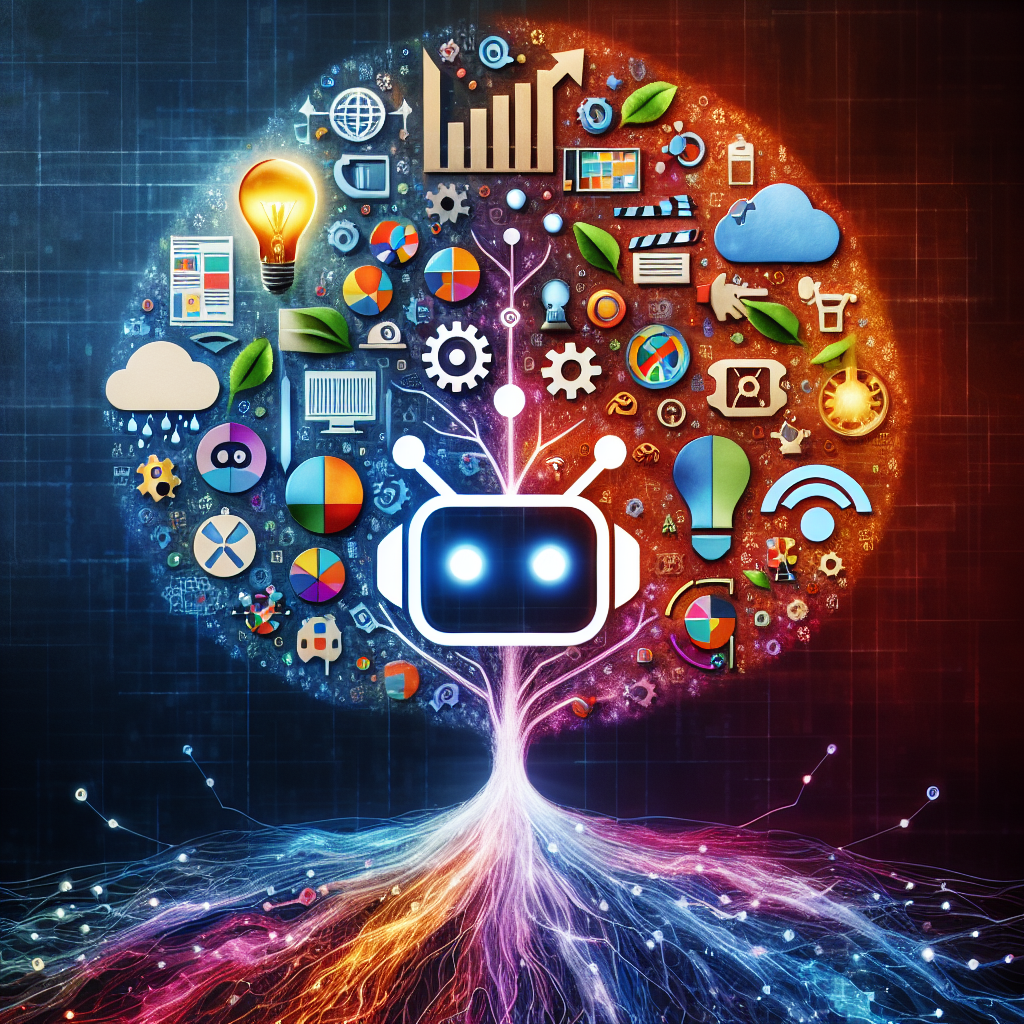
AI in media agencies: Transforming data into actionable insights for strategic growth
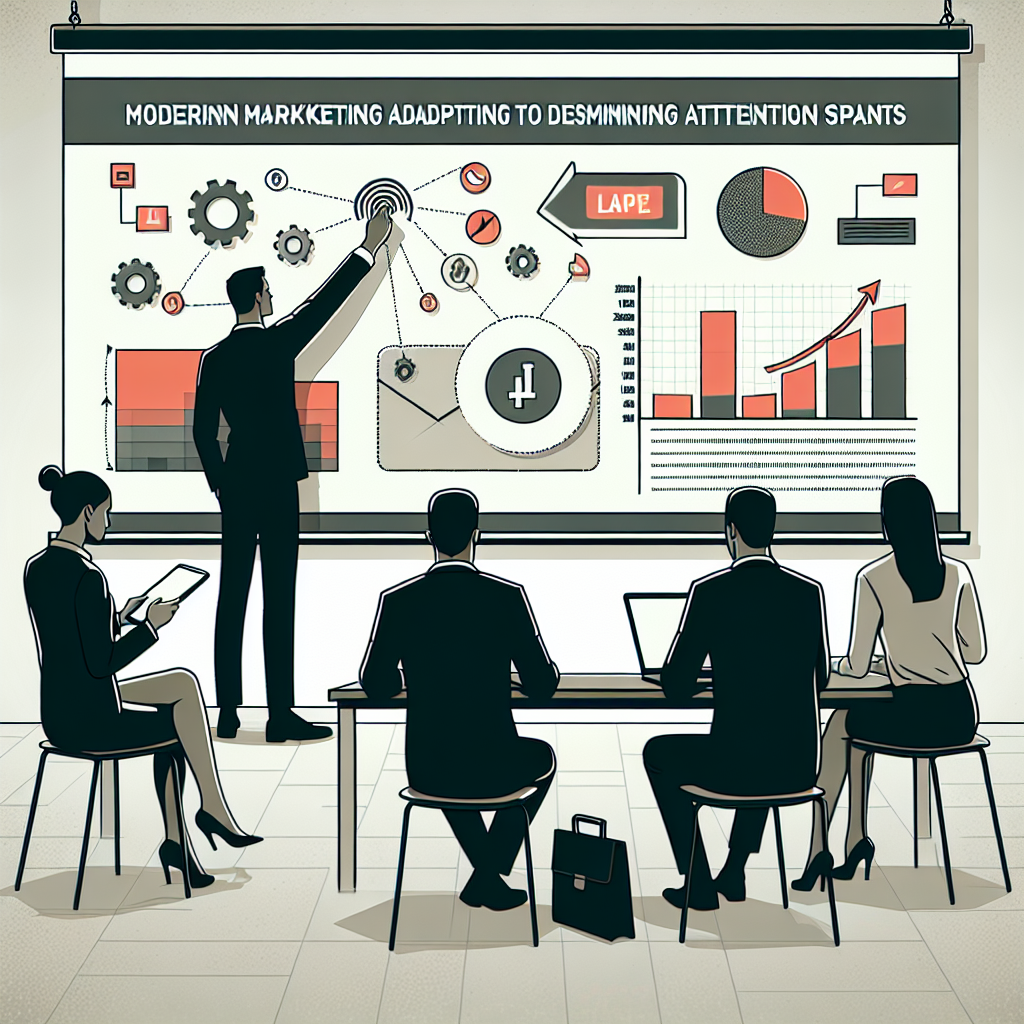
How the Attention Recession Is Changing Marketing
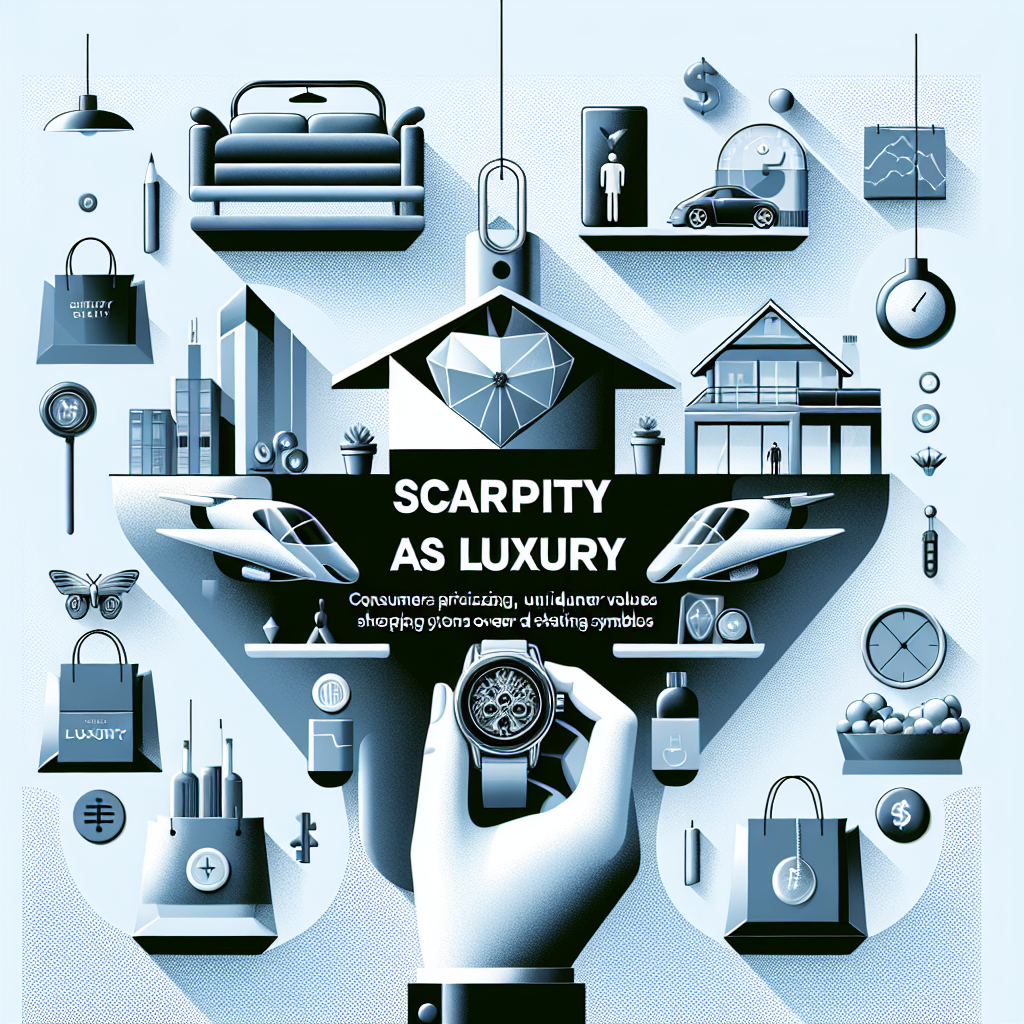
The New Luxury Why Consumers Now Value Scarcity Over Status

The Psychology Behind Buy Now Pay later

The Rise of Dark Social and Its Impact on Marketing Measurement

The Role of Dark Patterns in Digital Marketing and Ethical Concerns








